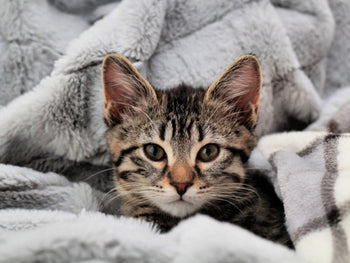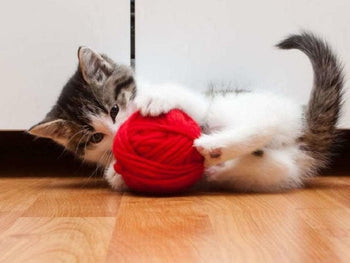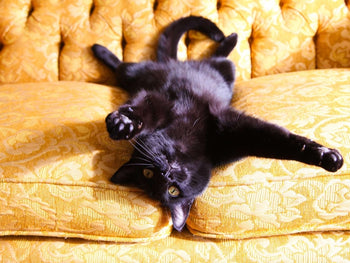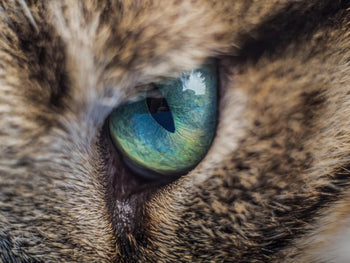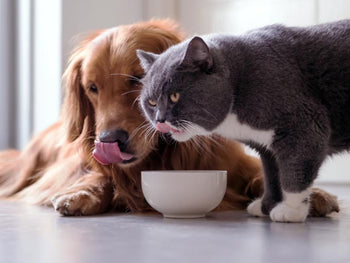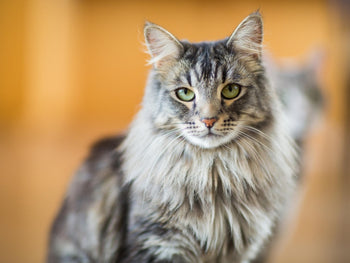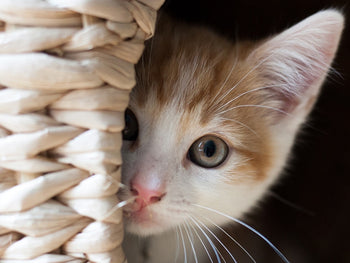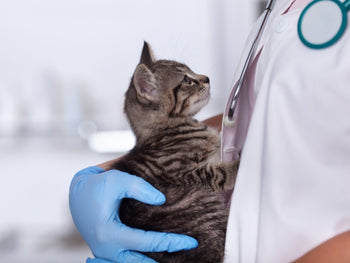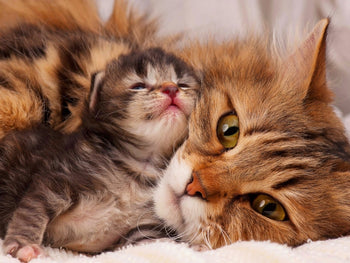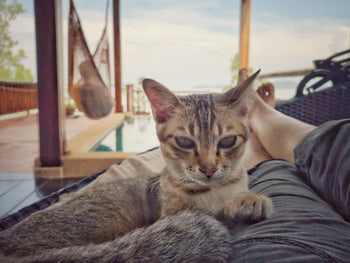Cats are lovely pets and due to their cuteness, it's hard to resist the urge to give them delicious treats once in a while. However, there are considerable differences between human and cat when it comes to the digestive system, certain types of food could cause violent diarrhea reactions. Among the treats that people use, whipped creams and similar dairy products seem to attract the attention of most cats. But can cats eat whipped cream without leaving a mess in the litter box later? There are a lot of discussions/debates which often confuse first timer cat owner about the best course of action.
In the case you searching for a straight answer to the question of "Can cats eat whipped cream", you have come to the right place. Right down below, you would be provided with a comprehensive analysis of the subject as well as various associated issues. In addition to that, a couple of expert tips and tricks about what kind of food you could safely feed your cat are also present. Once you manage to grasp all the information shown in this article, you would no longer have to worry about accidentally giving the stomach of your cat a hard time.
Whipped Creams: Why You Should Keep Them Away From Cats

Through numerous animations and illustrations, people tend to assume that cats love dairy products so there should be no trouble using whipped creams as treats. In reality, a lot of cats are lactose intolerant, their digestive system simply unable to handle milk, cream and alike. As a result, once your cat consumes dairy products, symptoms like vomit, abdominal pain, and uncontrollable bowel movements could develop. Ironically, cats are attracted to anything that tastes fatty so they would eat whipped cream without caring about the consequences.
That is why in most of the case, it's a good idea to avoid feeding your cat whipped cream.
What Is Lactose Intolerant And The Cause Of This Condition

The majority of dairy products carry lactose and the only time cats are exposed to lactose is when they are fed with their mother milk. To digest lactose, the digestive system must have enzyme lactase and for most of the time, cat and human got plenty of them as babies. However, as time goes by, the production of lactase would steadily drop and that could lead to lactose intolerant syndrome. Once the body ability to produce enzyme lactase degrades, it never regains its former level. The body of ordinary cat starts reducing the production of lactase at approximately 4 – 6 weeks of age until the production stopped completely at 6 months of age.
Why Consuming Lactose Would Tend To Cause Diarrhea In Cat

Without enzyme lactase around, lactose intolerant cats could not split the lactose into single sugar for the body to absorb. That means the undigested lactose would go straight down the intestines of the cat while pulling water along the way. After some time, usually 8 – 12 hours, the bacteria should ferment the sugars and the results are bloats, stomach upsets, and diarrheas. Overall, several cats have higher lactose tolerance than others and that allows them to take small amounts of dairy products. Nonetheless, it doesn't mean that you could designate whipped creams as the primary types of treats for your cats.
So in the end, the best answer to the "can cats eat whipped cream" question is no, you should also not feed cat dairy products.
Check us out for reviews on various cat products.
Top 5 Tips And Tricks When It Comes To Feeding Cats
- Make Cat Food The Staple
No matter what type of treat you give your cat ( eggs, fishes, whole grains,…), ensure that cat food remains the staple diet of your cat. Designed specifically to meet the nutrient demand of cats, cat food should make up 90 – 95% of daily food intake of pets. Moreover, it's widely advised that you refrain from giving you cat foods taken directly from the human dining table. Such practices often make the pet to gets finicky in the long run so you should be mindful of it.
- Use Lactose-Free Dairy Products
You know that the answer to the question of "can cats eat whipped cream" is no but what if you want to treat your cat milk every now and then? If that is the case, consider using lactose-free products. Of course, you could give your cat normal milk if you are certain that your cat could handle small amounts. It's easy to test your cat lactose tolerance, all you have to do is to give his/her a tablespoon of milk and wait. If a day passes without any noticeable complications, you could use milk as occasional treats. That being said, you should stick to lactose-free products if you really want to stay on the safe side.
- Give Your Cat Sufficient Water
All things considered, most kittens and adult cats have no absolute need for milk unless they show an unusual liking. In addition to that, milk could not be used to solve the hydrations need and requirement of the average cats. Generally speaking, your cats have to be supplied with enough fresh, clean water in conjunction with foods on daily basis. Without water, cats would experience some troubles regulating body temperature, digesting foods and eliminating wastes. To give your cat water, you could use a wide variety of tools ranging from standard bowls to cat fountains.
- Be Mindful Of Allergic Reactions
Once exposed to certain substances, the skin of your cats could develop rashes and reaction could intensify after each encounter. If you conclude that your pets are allergic to types of foods, you should make sure that you remove potential threats from the daily diet. In the case of lactose intolerance, all of the symptoms should cease right after the lactose leaves the digestive system.
- Take Calorie Intake Into Consideration
It's strongly recommended that you don't feed your car random food without taking into account the calories intake. Unbalanced diets/overfeeding cause a lot of health issue so try to schedule proper feeding times for your cat and give his/her healthy foods. Consult with local vets if you are inexperienced as the feeding would affect various aspects of the cat life so put your mind into it.
Find more cats' health blog at Cattybox!
